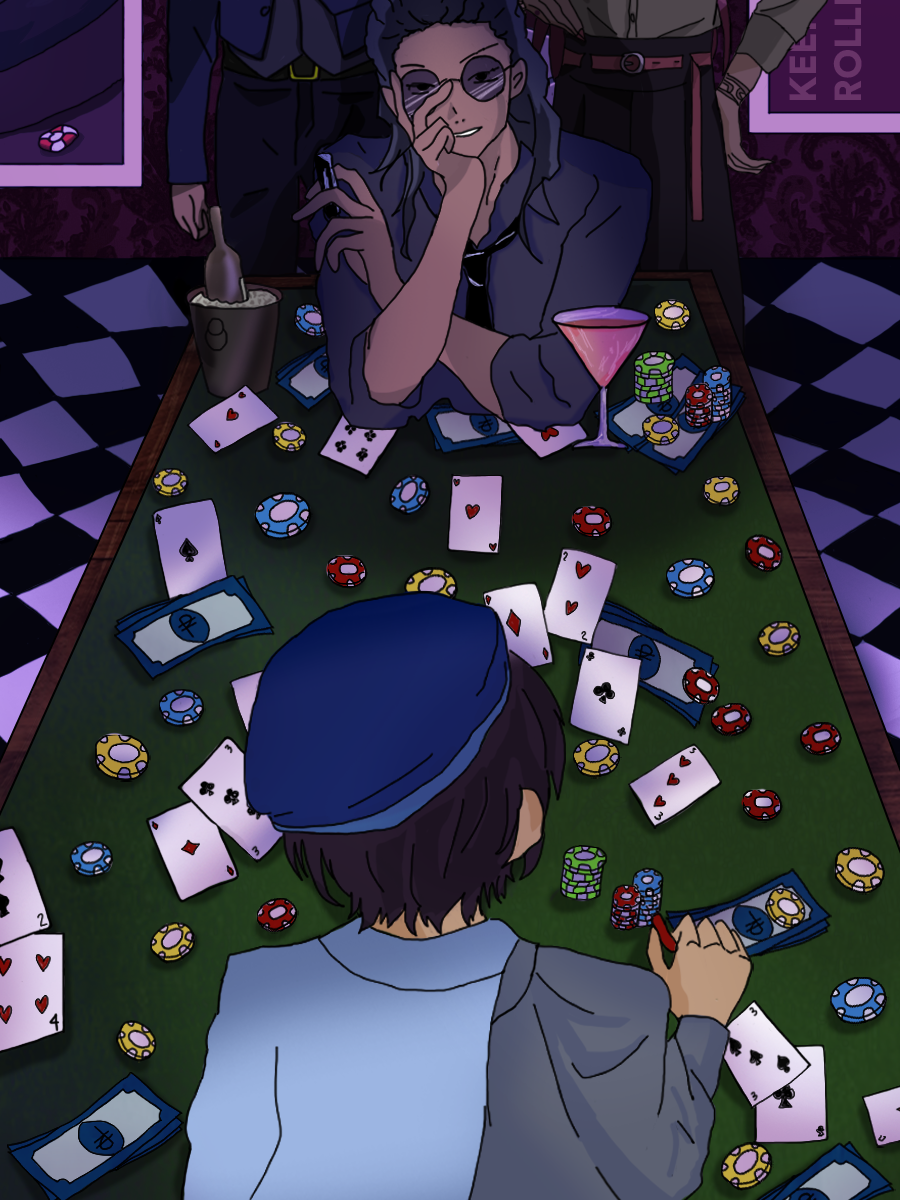GAMBLING IS currently seeing a steady resurgence in the post-pandemic Philippines. According to the Philippine Amusement and Gaming Corporation (PAGCOR), the local gambling industry has reached a record high in 2023 with gross gaming revenues (GGR) reaching Php 285.27 billion, marking a 1.22% increase from its previous record in 2019.
However, as the industry continues to develop and surpass its pre-pandemic levels, the ramifications of the gambling industry’s proliferation extend beyond individuals and into the broader fabric of society.
Stacking the chips
Filipinos are no strangers to playing with chance and luck. The country’s first legal casino opened in 1977 when PAGCOR established the Manila Bay Casino, a floating casino inside the luxury liner MS Philippine Tourist. Land-based casinos were established soon after, and since then, casinos have only increased in popularity and profitability.
In 2008, revenues saw an explosive uptick when PAGCOR allowed four large-scale resorts to be developed along Manila Bay as part of a “Las Vegas-style” project. Dubbed the “Entertainment City,” the complex has remained the biggest contributor to the industry since the opening of its first casino, Solaire Resort, in 2013. In 2023, Entertainment City generated Php 207.48 billion in revenue.
Despite the rocketing year-on-year growth of its main driver, the landscape of the gambling industry remains ever-changing, with online gambling platforms now challenging the predominance of physical casinos. Aside from the convenience and anonymity it provides, online gambling offers a wider variety of casino games, sports betting, and other specialty games. The industry has also proven to be extremely profitable, earning Php 58.16 billion in gross revenue.
While its economic contribution has been immediate and is projected to only increase in the following years, the popularity of online gambling has encouraged illicit operations. As such, Filipino players are at heightened risk of not only falling for scams, identity theft, and credit card fraud but also getting tangled up in criminal activity.
Designed to deceive
Despite the dangers associated with gambling, the allure of quick financial gain can be particularly tempting for those in impoverished situations. According to Belinda Livingstone, Group Trustee of Gamblers Anonymous Philippines (GA), poverty is the primary reason as to why Filipinos gamble in the first place. Aside from money, dopamine acts as another incentive for gambling, triggering the human brain’s reward system and reinforcing risk-taking behavior.
“It’s a thinking and living problem. If they gamble, they could double the money that they have and pay for everything. In the end, the money that’s supposed to be for food and for rent is lost,” Livingstone stated.
With numerous casinos, cockfighting arenas, and online gambling platforms available, Filipinos have easy access to avenues where they can attempt to recover their losses. Some are unable to resist the chance to win back their money by gambling even more. Compulsive gamblers can often fall into debt because of this, even to the point of borrowing from loan sharks, thereby entering a precarious cycle of escalating financial instability.
On a larger scale, the Philippines’ acceptance of traditional forms of gambling has also influenced a broader tolerance towards the matter. The proliferation of gambling facilities and its integration into various cultural events has fostered an environment where engaging in such activities is viewed as merely recreational.
Nevertheless, economic considerations, given the amount of revenue generated by the industry, hamper the government’s willingness to intervene. While operators are required to obtain licenses, strict measures beyond this are notably scarce. For instance, Philippine Offshore Gaming Operators and traditional casinos are given considerable leeway due to substantial financial contributions to the economy.
Regulatory responses
To this day, gambling addictions are viewed more as an individual’s lapse than as a preventable industrial issue, even as the industry consistently generates revenue from players’ repeated losses. As such, social stigma remains a colossal hindrance to addressing gambling, often delaying intervention until its negative effects become severely pronounced.
“It takes a long time and many tries before [gamblers] could give up, accept [their mistakes], and admit that they cannot beat gambling—that they are sick [and have an addiction],” Livingstone lamented.
To address this, Livingstone emphasized that the categorization of gambling addiction as a mental health issue here in the Philippines would deepen the gravity of the issue and help remove the stigma around it. The move would also give way for the integration and streamlining of support services into establishments such as healthcare facilities, rehabilitation centers, and community health programs.
Recognizing gambling as a public health concern demands comprehensive strategies, accessible support, and community involvement to mitigate its impact. In urging this shift in perspective, a humane approach must be prioritized above all else.




